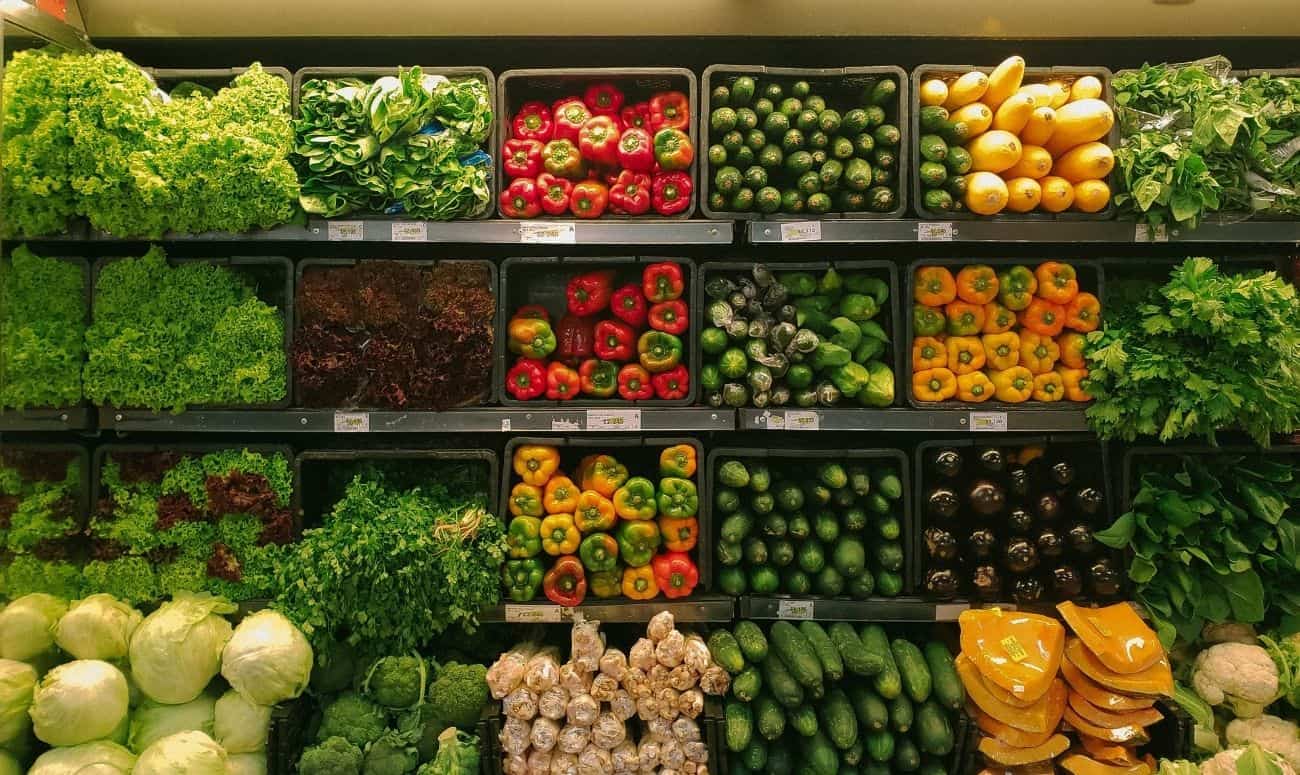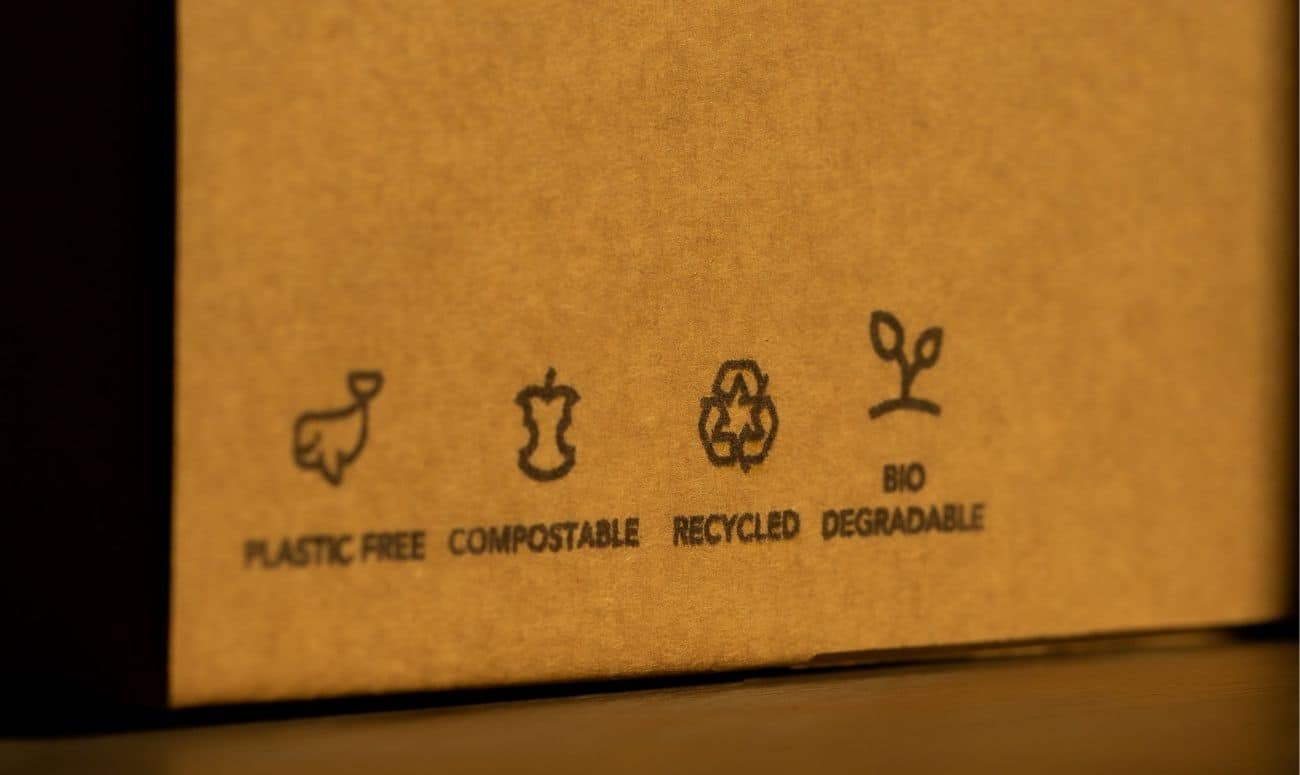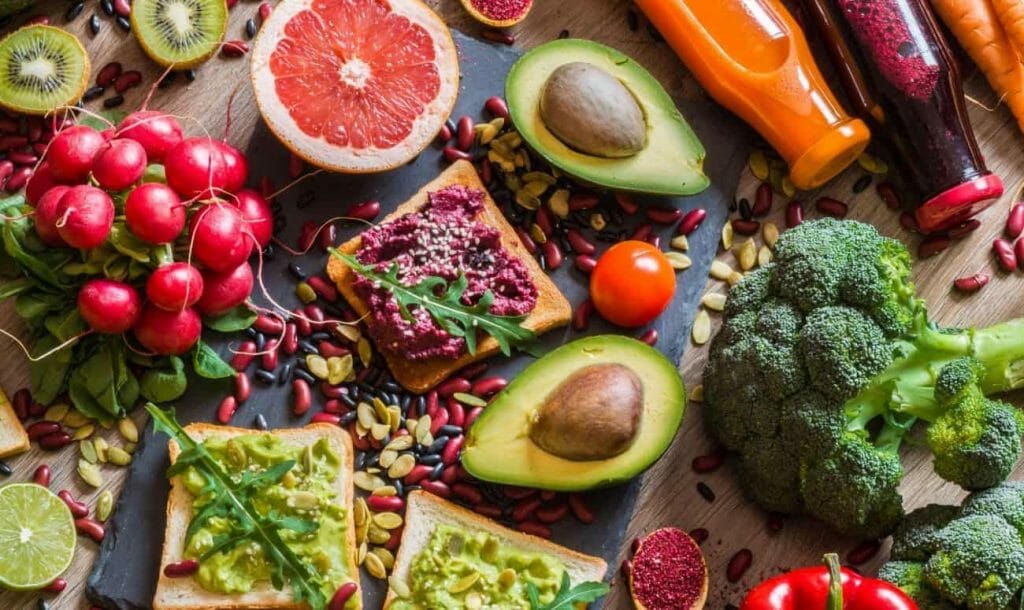If you reside in a metropolitan city, it can seem ungrateful to complain about the worldwide food system of farmers, suppliers and retailers who ensure our pantry is stocked with all the food essentials needed for a healthy diet. But while we’re extremely thankful for the amenities we are provided with, it can be difficult to not comment on the fact that our current food system is a major threat to the earth.
There are several contributing factors that cause a significant global environmental change but food production ranks high in this chain. Being responsible for up to 30% of global greenhouse gas emissions, food production also uses up 70% of all freshwater on earth, pollutes lakes and coasts due to eutrophication and drives wildlife extinction because of land clearing for agriculture. Palm oil, found in everything from breads and pasta to ice cream and chocolate spreads, is destroying the Sumatran rainforests while sugar cane fertilizers are adversely affecting the Great Barrier Reef. And meat consumption is responsible for releasing greenhouse gases that lead to global warming as livestock farming causes destruction to forest ecosystems. Indian livestock releases over 200 million tons of CO2 equivalents each year.
So, as we prepare ourselves to start afresh in the new year, how can we rethink our diet to be better for ourselves as well as the planet?
Change isn’t just required but is the absolute need of the hour. You can do your bit by starting at home and changing your ways first. Sustainable dietary shifts can help you make better choices and understand how the food we eat impacts our climate. These simple tips can help you make the shift with ease.
1. Eat more plants
Farming animals requires a large amount of space, water and resources. The livestock industry contributes to 15% of all manmade greenhouse gas emissions. Seeing an alarming rise in meat consumption, the need to rebalance our diet with a sustainable, vegetarian diet is glaringly obvious. By moderating our meat and animal product intake, we can try and decrease our individual contribution of carbon emissions as vegetables require fewer resources and produce lesser emissions. So, try to have a flexitarian diet that allows you to eat more plants and less animal products.

2. Shop locally
Locally grown produce is always fresher than the ones bought from big food chains and stores. They also contain more nutrients like antioxidants and phytoncides as they bypass commercial processing done to preserve food during transportation. Purchasing locally grown produce is extremely environmentally friendly as it largely cuts down the transportation energy which means lesser gas is released but it’s also a great way to support community farmers who can be fairly compensated by the business you bring.
3. Shift to organic
If you don’t wish to completely cut down your animal product intake such as dairy, try and shift to products from animals who consume organic feed. The benefit of this is that organic feed is without hormones, antibiotics and other harmful chemicals like synthetic fungicides, herbicides and insecticides usually present in their commercial counterparts. Organic farming practices also keep the environment in mind, reducing pollution, conserving water, reducing soil erosion and energy and also increasing soil fertility.
4. Buy seasonal food
Seasonal food and eating according to what’s available in your region go pretty hand-in-hand as both lower fossil fuel emissions caused by food transportation. When you shop seasonal fruits and vegetables, you reduce your chances of eating food that’s travelled across the country. Not only that, you also eat fresher, buy cheaper and indulge in foods that are naturally meant to boost your immunity. If eating seasonal foods sounds like a task that you can’t accomplish right away, try and start growing your own produce in your kitchen garden. A few to begin with. This will never leave you without your favourite fruits and vegetables when need be.
5. Choose less packaging
Choosing products that come with minimal packaging is one of the most important aspects of sustainability. Not just in food but in every other aspect of life as well, from makeup and bath care products to even work-related items and every day essentials you opt for. Remember, there is always an alternative if you’re willing to expand your horizon. Companies produce 78 million tons of plastic every year yet we, manufacturers and consumers both, only end up recycling about 14% of the total. Less packaging results in less waste in landfills and oceans. If you can, shop brands that produce recyclable or minimal packaging or if you’re shopping locally, ask your grocery store owner to share produce unwrapped and pack it in your own sustainable bags instead.

6. Substitute ingredients
As we said before, there are a lot of alternatives that you should not shy away from. If your favourite meal contains resource-depleting ingredients, switch to sustainable ingredients that add a green touch. Nuts, beans and whole grains serve as a wonderful substitute to meat protein. A light vinegar is way healthier and planet-friendly than a cream-based dressing. Also, opting for whole wheat bread and pasta will work in your favour, health-wise as well as planet-wise.
What are some of the foods that you can indulge in?
We’ve established that the first step is to reduce meat consumption and increase vegetable consumption but how does that look on a day-to-day basis? A planetary healthy diet needs to work well for you as well as the environment without discounting your health. Below, you’ll find a list of food that you can include in your diet to eat more sustainably.
- Beans
- Organic vegetables
- Leafy greens
- Rice
- Lentils
- Organic fruits
- Figs
The bottom line is that if you wish to live in an eco-friendlier way, you need to mindfully relook at your choices and your consumption habits. From food and waste to shopping and travelling, our habits have major repercussions that we aren’t completely aware of. Being constantly educated on the topic and learning how you can make a difference is what you can strive for, the rest will fall into place as you learn through the process. Your efforts will be rewarded as you bring the planet closer to restoration.
Read more: 5 Food Storage Options For A Zero Waste Kitchen
Like & Follow ThinkRight.me on Facebook, Instagram, Twitter, and Telegram to stay connected.






























